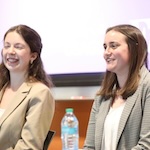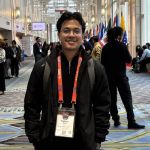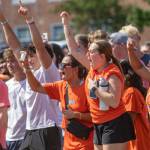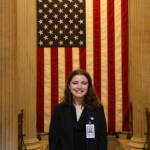
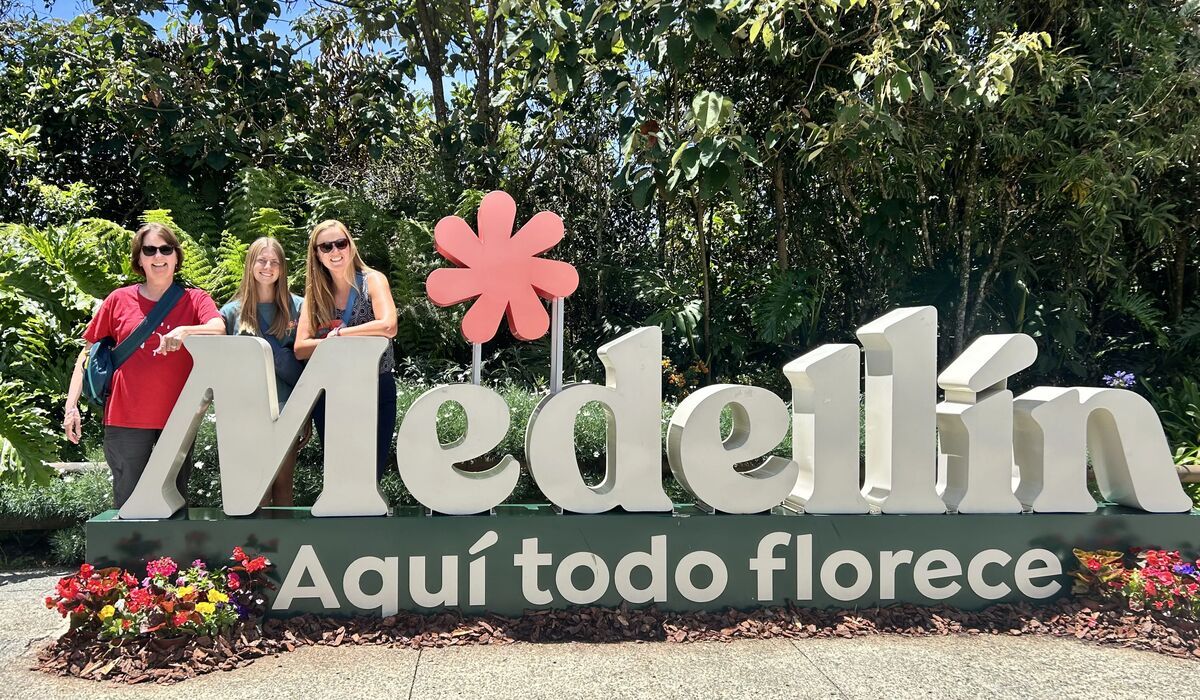
Through coursework, mentorship, and participation in the College’s Guided Pathways program, Katie LaPlaunt ’28 discovered a passion for research that would soon take her far beyond the classroom—and across international borders.
For Katie LaPlaunt ’28, a political science major and softball pitcher from Warminster, Pennsylvania, her first semester at Gettysburg College set in motion a series of experiences that have shaped her academic journey and opened new doors for her future.
LaPlaunt first caught the attention of Political Science Chair Caroline Hartzell in her Introduction to International Relations course during the fall of 2024. As Hartzell recalled, “Through our conversations, as she developed her research project for the class, it became clear that she has an abiding interest in the research process—especially in formulating questions and thinking critically about the types of evidence scholars use to answer them.”
Her research was so impressive, Hartzell recommended publishing LaPlaunt’s final paper in The Cupola, an open repository of scholarly and creative works produced by faculty, students, and other members of the College community. As she was studying in the library during finals week, LaPlaunt received the email notifying her that the article, “Interstate Conflict Initiation and The Age of International Leaders” had been officially published.
“When I clicked on the article and saw ‘LaPlaunt, Katelyn’ as the citation, I thought, ‘This is real,’” LaPlaunt said.
The strength of LaPlaunt’s research and writing also led Hartzell to invite her to join a major scholarly project she was undertaking with Political Science Prof. Lindsay Reid ’11.
The project—a forthcoming book—seeks to understand how political power-sharing measures included in peace agreements shape women’s political empowerment in the aftermath of civil wars. Last fall, Hartzell and Reid presented the basis of their research to the United Nations’ Mediation Support Unit and the Gender, Peace, and Security Program in New York City.
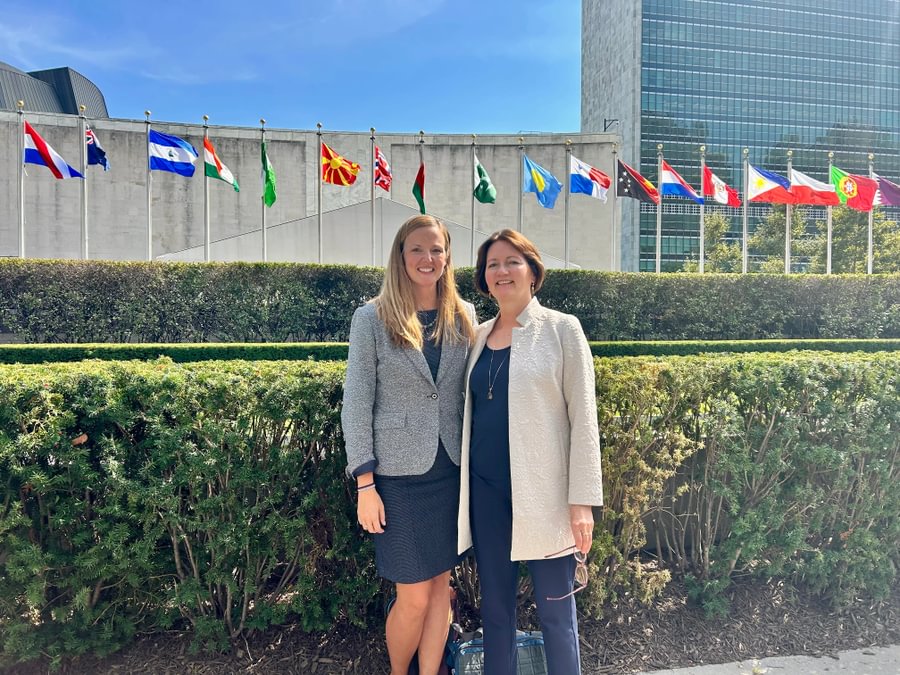
“This is a topic that’s received considerable debate in the policy and scholarly communities,” Reid explained. “Our work approaches the question in new and creative ways, by combining cross-national quantitative research with a deep dive into women’s lived experiences in Colombia.”
Colombia was a natural choice for their research. Its 2016 peace agreement marked a turning point after decades of civil conflict and was widely praised for the attention it gave to gender and women’s rights as central to building peace.
“This opportunity showed me how much I love fieldwork, research, and even the idea of international travel as part of my career.”
– Katie LaPlaunt ’28
During the summer of 2025, LaPlaunt joined Hartzell and Reid for three weeks of fieldwork in Bogotá, Cali, and Medellín, where they conducted 10 focus groups and multiple interviews with women across Colombian society—including college students, mothers of military members, ex-guerrilla fighters, Indigenous and Afro-descendant women, and those displaced by violence.
“Katie’s organizational skills, intellectual curiosity, and eagerness to engage with the women we interviewed made her the perfect person to lead the survey component of our project,” Hartzell said. “She collected the data, uploaded it, and even conducted some of the initial analyses.”
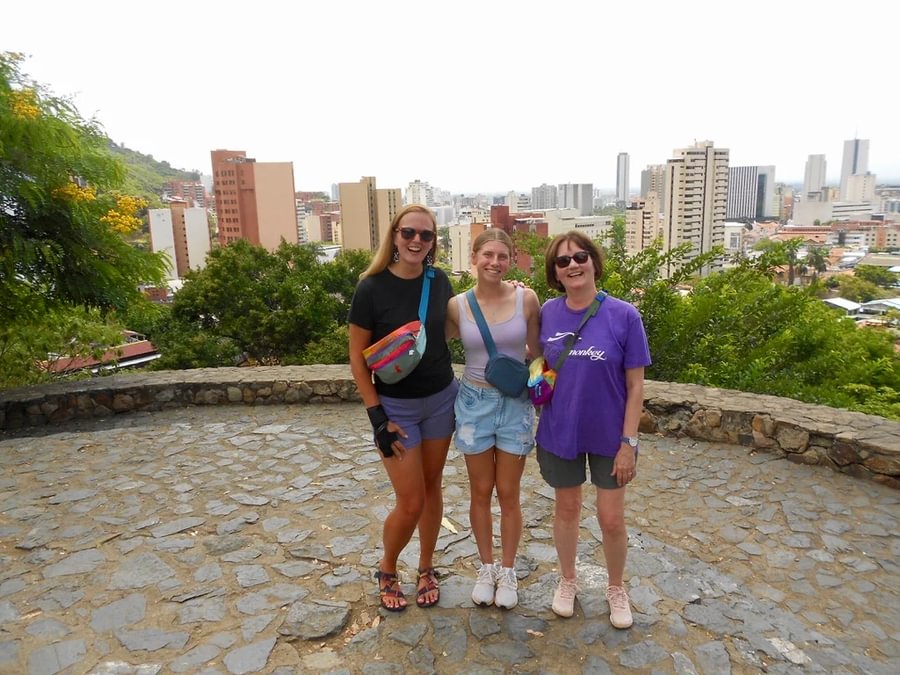
The experience was transformative for LaPlaunt, who noted the trip was her first across international borders. Immersed in a new culture and language, she developed deeper intercultural fluency and a more nuanced understanding of the global political landscape.
“Even though I couldn’t always understand the language, I could feel the passion and power of the women we spoke with,” LaPlaunt noted. “It gave me a real sense of how much this work matters—and how it impacts people’s lives.”
Funding made this hands-on experience possible. “Honestly, this research—especially having Katie so intricately involved—would not have been possible without donor support,” Reid emphasized. “We are deeply appreciative of the Cynthia ’84 and David ’85 Salisbury P’15 Interdisciplinary Research Fund, which supported our ability to involve Katie in every stage of the field research, and the Laurel A. Cohen Endowed Fund for Research in Peace, Justice, and Human Rights, which will support transcription and translation of the interviews.”
LaPlaunt, who is pursuing the Global Citizenship and Intercultural Fluency Pathway, also received financial support from the Guided Pathways Experiential Learning Fund, which helped cover the costs of travel and lodging.
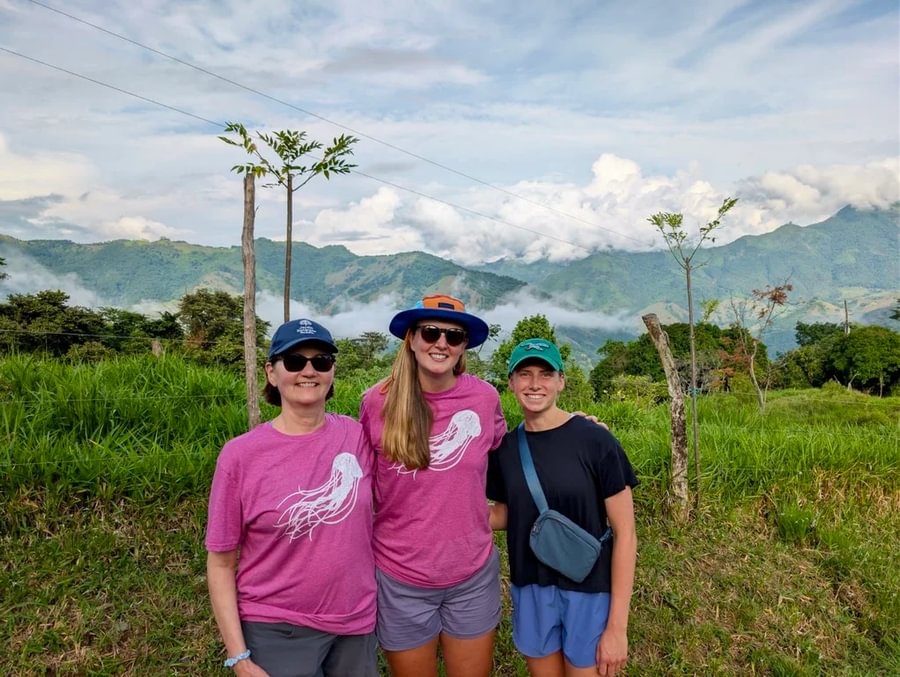
The impact of the project on LaPlaunt’s academic and career aspirations has been profound. She is eyeing a double major with international and global studies and has taken Spanish courses with plans to study abroad in a Spanish-speaking country. She will return to Colombia in January to present the team’s findings at an academic conference, and she is even considering pursuing a Ph.D. in political science—something she had never imagined before.
“This opportunity showed me how much I love fieldwork, research, and even the idea of international travel as part of my career,” LaPlaunt said. “It’s opened up so many possibilities for what I might do after Gettysburg.”
Develop an intellectual curiosity alongside our world-class faculty that lasts a lifetime.
Related Links:
External Links:
By Corey Jewart
Photos provided by Lindsay Reid ’11
Posted: 10/13/25
